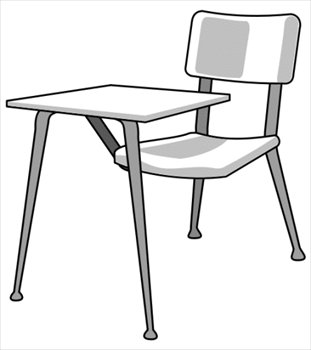Image from FreeClipArtNow.com
Are you afraid to let your child struggle in school? Perhaps you could learn a lesson from Japanese math teachers. Your child's future success may well depend upon your willingness to allow them to experience struggle, failure, and recovery. In a school setting, it is better for children to learn to deal with frustration in small doses in the early grades; then in college they will be equipped to deal with more difficult design problems, ethical issues, and other challenges.
Japanese and
American Math Classes
Stigler and Hiebert
(1999) studied mathematics classes in the United States, Germany, and Japan.
Among their findings was an observation that U.S. teachers were quick to give
students procedures and to have them spend class time practicing the procedures
on many similar problems. Japanese teachers, however, gave students a problem
at the beginning of class, let them work in groups to try to solve the problem,
and used the rest of the class time to discuss the solutions the students
discovered as they struggled with the problem. During the struggle, the teacher
circulated among the groups of students, offering encouragement and occasional
helpful comments. Japanese teachers believe students need "...time to
explore and invent, to make mistakes, to reflect..." (Stigler &
Hiebert, 1999, p. 91) while U.S. teachers seem to see frustration as a sign the
teacher is failing the students.
Americans are often
reluctant to let their children struggle-academically, financially, or
socially. The struggle, however, is where the real learning takes place. Real
life consists of problems to be solved, usually outside a classroom setting.
How will American students cope without a teacher or parent to rescue them? Why
not let children struggle, fail, and overcome while they are young and have the
support of caring adults? The Japanese approach seems kinder in the long run.
While American students memorize procedures and believe they have understanding
of mathematics, the Japanese students develop their understanding by exercising
their higher thinking skills.
Failure: Part of a
Successful Life
John Eliot, in his studies of high achievers in various fields, found that those who perform exceptionally do not let failure stop them. In fact, he states, "If you've never been discouraged in your life...you're not a very big dreamer" (2004, p.240). Teach children not to fear problems, but to welcome the opportunity to struggle and to come up with solutions. Adults can offer guidance and encouragement instead of just giving procedures and canned solutions.
References:
Eliot, J. (2004). Overachievement,
New York: Penguin Group.
Stigler, J. &
Hiebert, J. (1999). The teaching gap. New York: The Free Press.

No comments:
Post a Comment